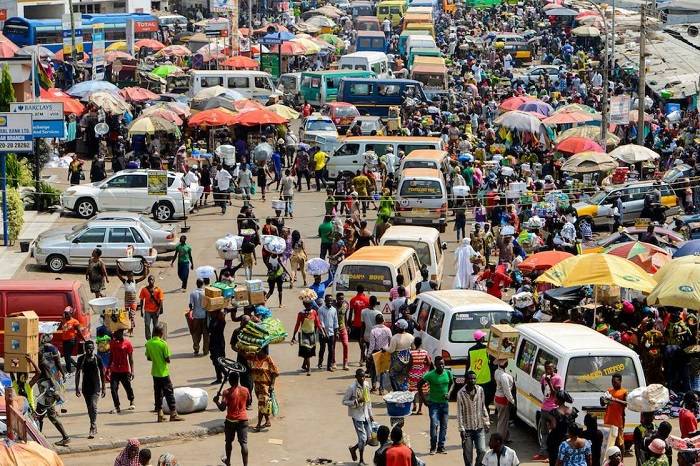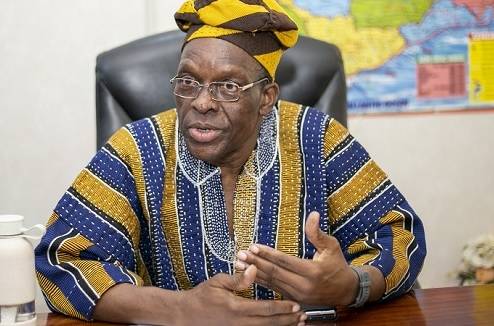The current Speaker of Parliament for the Republic of Ghana, Rt Hon. Alban Sumana Bagbin, has currently found himself in a precarious situation after declaring four parliamentary seats vacant; citing Article 97(1)(g) of the 1992 Constitution. This decision sparked intense debate, affecting both the governing New Patriotic Party (NPP) and the opposition National Democratic Congress (NDC) Members in Parliament.
At the heart of the current issue rose the question, as to whether the Speaker's ruling aligned with Ghana's democratic principles and constitutional framework.
Rt. Hon. Alban Bagbin's recent declaration in the floor of Parliament, did not only provoked the governing NPP group, but has divided the nation and also kept everyone talking.
Some Critics have argued that, the decision undermined the democratic process, penalizing MPs for exercising their right to contest future elections. The Constitution guarantees every citizen the right to vote and be voted for in public elections, including primaries and national elections.
These arguments again stated that, the Speaker's interpretation of Article 97(1)(g) of Ghana's 1992 constitution, implied that, MPs who chose to leave their parties to contest as independent candidates in future elections must immediately vacate their current parliamentary seats; and that, this precedent could severely impact party primaries and the selection of presidential and parliamentary candidates.
These critics emphasized on question as to what the Constitutional Implications of the Speaker's rulings will be?
It has been strongly argued that, In democratic representation, the ruling potentially disenfranchised constituents who elected these Members of Parliament; violating their right to full representation.
According to them, there are also Individual Rights implications caused by the Rt. Hon. Speaker's ruling: In this wise, MPs were effectively punished for contesting future elections, undermining the spirit of democratic participation.
There are also a section of the population who believed, that Speaker Alban's declaration of the 4 seats in Parliament as vacant was a step in the right direction.
They explained that, when the law says that joining another political party means automatically vacating your seat, it essentially means that elected officials, like Members of Parliament (MPs), must give up their position if they switch parties or become independent. This rule is in place to maintain party caucus cohesion and ensure that elected representatives remain accountable to their original party and constituents.
In countries like Ghana, India, and Uganda, Members of Parliament who leave their party or join another one lose their seat immediately. This law aims to prevent floor-crossing, where MPs switch parties for personal gain or to undermine the opposition ¹. For instance, in Uganda, an MP who leaves their party must vacate their seat, and a by-election is held. However, they can contest the by-election as an independent or join another party ¹.
Some countries have varying rules on this matter. In Canada, MPs can cross the floor without restriction, but there have been attempts to introduce legislation to change this. In Sweden, while there's no law prohibiting Members of Parliament from leaving their party, public opinion views such actions as unacceptable, effectively ending their political career.
Some Key Implications of these action includes Loss of Seat (MPs who switch parties or become independent must vacate their seat), and a by-election is held to fill the vacant seat.
This rule aims to maintain party cohesion and ensure accountability to constituents.
In the long term, the law aims to balance individual representation with party accountability, ensuring that elected officials remain true to their original mandate.
Some Lawyers suggested that the Supreme Court should intervene in a timely manner in order to clarify the proper interpretation of Article 97(1)(g). This would ensure consistency and certainty in constitutional interpretation, safeguarding the foundation of competitive democracy.
In the midst of this dilemma, the Speaker of Parliament must stand firm; balance the need to uphold the Constitution; and not allowing any individual or organ of State to control it. The outcome will have far-reaching implications for Ghana's democratic process and the future of our parliamentary system.




No comments yet
Be the first to share your thoughts!